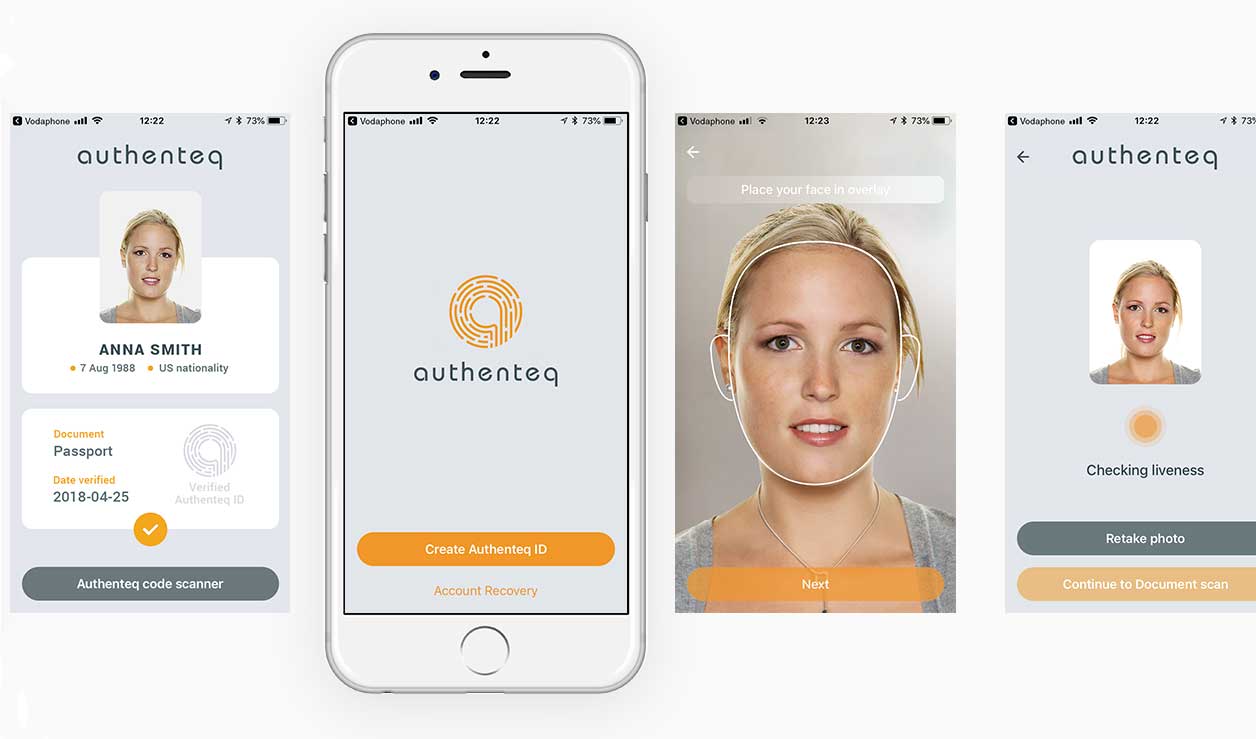 EMERGING TECH
EMERGING TECH
 EMERGING TECH
EMERGING TECH
 EMERGING TECH
EMERGING TECH
Iceland-based Authenteq Ltd., an identity verification and privacy startup that uses a blockchain distributed ledger platform, today launched an anti-harassment product named Trollteq to combat online “trolls” – a broad category of people who break the social rules of an online community.
Trollteq repackages Authenteq’s existing blockchain system with a few extra features designed to aid online communities in better managing authentication and verification of members.
The presence of misbehaving users on a social platform can cause numerous headaches for administrators, especially community managers tasked with enforcing terms of service. Communities overrun by people mistreating other users can give a business or service a bad name and cost that community members by chasing them away.
“Some of the benefits of Trollteq is that you can limit offenders who violate the rules or terms of a website, to only one account,” Authenteq co-founder and Chief Executive Officer Kári Thor Runarsson told Tech.eu.
One particularly pernicious element of online trolling is called “sockpuppetry” or the creation of multiple accounts by an individual or a group in order to continue harassment and bad behavior after the first account is caught and banned. Most online services ban this behavior outright, and in many cases it’s costly for individuals to create sockpuppets on paid services, but online communities with no fee to make an account can enable rule-breakers to evade bans.
“Typically, a person only has one ‘real’ identity which is used to sign up to Authenteq,” Runarsson said. “If that person is banned, they cannot simply sign up for a new online account with a new email and continue their behaviour under a new identity. One difference between Authenteq ID and Trollteq is in the setup and admin features, as the online admins can ban users directly from their system.”
Authenteq takes to the philosophy that forcing a person to reveal their identity, such as requiring “real names,” isn’t necessary to control the habitual misbehavior of the few. Instead, Authenteq uses a distributed ledger system with a cryptographically protected blockchain uses end-to-end encryption to verify identity and connect it to a user and a device without revealing that information.
The system verifies identity by having the user take a selfie with a smartphone, which is then compared to an issued government identification, such as a driver’s license. Then the platform verifies that the selfie matches the ID with facial recognition and authenticates the identification. This allows Authenteq to produce a cryptographic hash associated with the user and those forms of ID that can be stored in the blockchain.
This system is completely controlled by the user and does not store any of this information outside of the fact that authentication occurred and was successful. Users cannot make a second identity because the same face and identification will produce the same cryptographic hash. But because of the nature of one-way cryptography, that hash cannot be reversed to produce an identity.
As a result, neither Authenteq nor the platform’s blockchain stores any private identity information openly. It’s not possible for an outside party, even law enforcement or other government agencies, to break into the platform to steal identities or breach that privacy since there is no such information.
User verification can also be done in whole or in part by using pieces of digital identity. Authenteq employs encrypted hashes for specific identifiable information about individuals – name, age and nationality, for example. This information is stored in a way that it can only be verified with one-way encryption, by comparing hashes, and only when permissioned by the account holder. That allows Authenteq to remain compliant with privacy regulations such as the European Union’s General Data Protection Regulation.
Once a user’s identity has been verified, third parties such as an online community or service can poll Trollteq to authenticate that users are whom they say they are. When new users make accounts with a new website, they must make particular claims against their account, such as providing name, age and nationality, and those claims are verified against Trollteq’s system.
To make it easy for online communities to connect to Trollteq, Authenteq provides a simple software developer kit that allows quick installation. The Trollteq system needs only be connected through the sign-in and user management system and administrators can verify users then – and, if they misbehave, flag or ban them as rulebreakers.
Since its foundation in 2015, Authenteq has raised around $1.9 million in funds to date. The last funding round was last November for $1.3 million, led by Draper Associates and Initial Capital.
The platform has been in beta release for about a month and, in that time, Authenteq has rolled out in 190 countries and completed over 150,000 verifications. According to the company, the system accepts more than 3,500 different forms of identification.
Authenteq is designed for highly secure customer-oriented applications, such as banking and other industries that need to engage in “Know Your Customer” to abide by anti-money-laundering. But Trollteq’s functions make it useful for online communities, social media, forums and other spaces where users interact and identity need only be verified and not stored.
Pricing for the service has not been released, but the company said it would be based on the scope and volume of verifications. Also, the price would not exceed “cents per user” and the company aims to defray costs in community management time needed to deal with repeat offenders evading bans and otherwise generating trouble.
THANK YOU